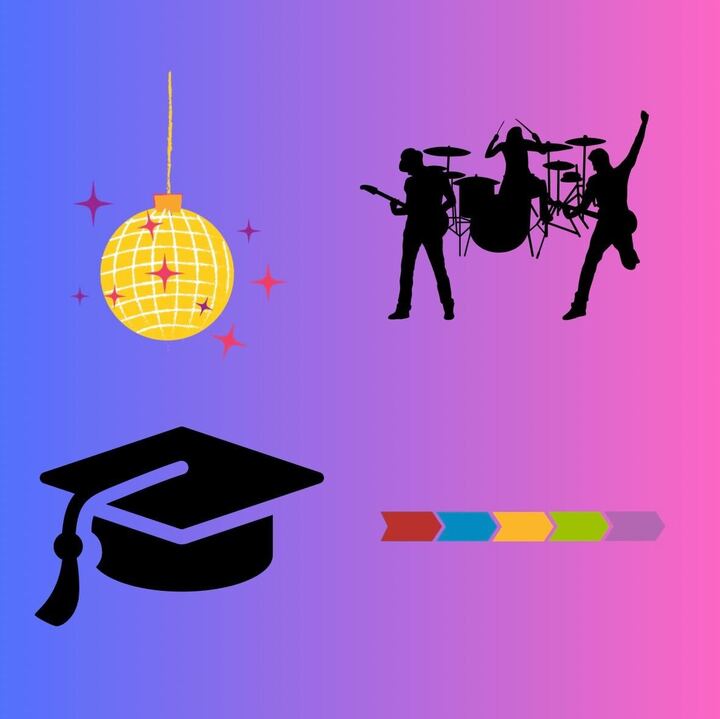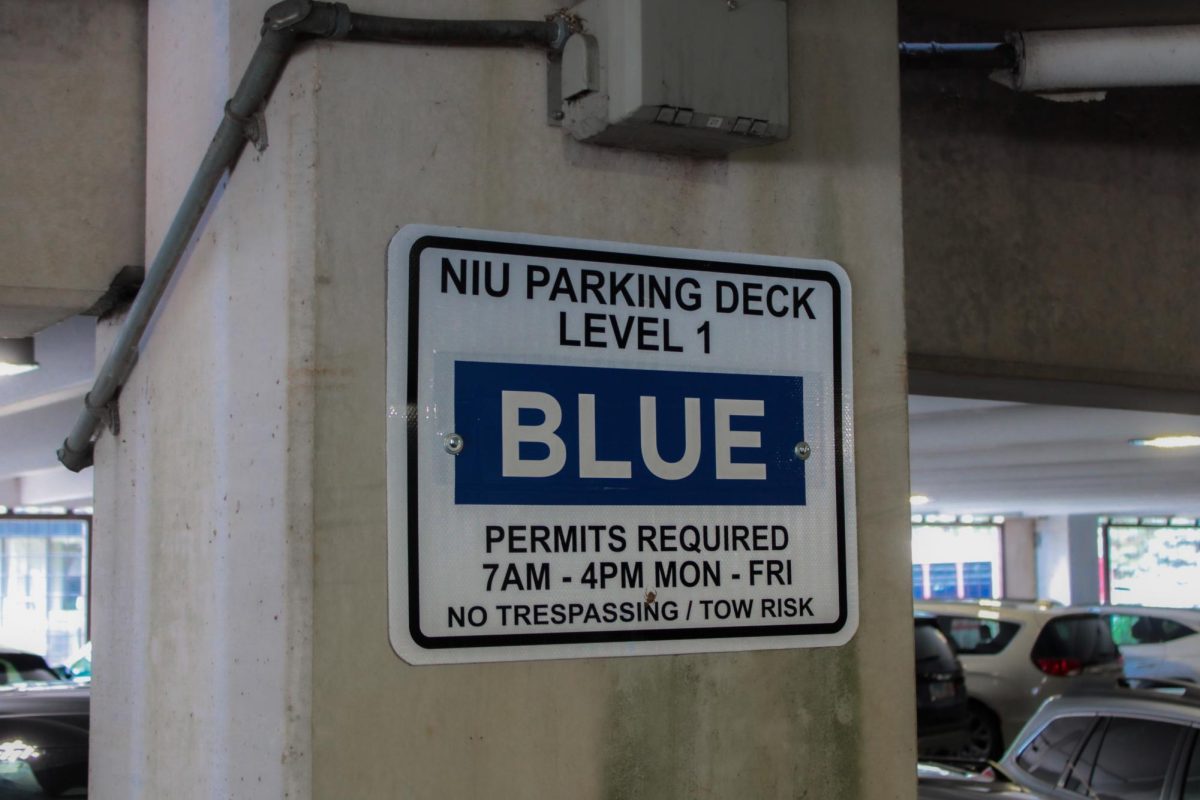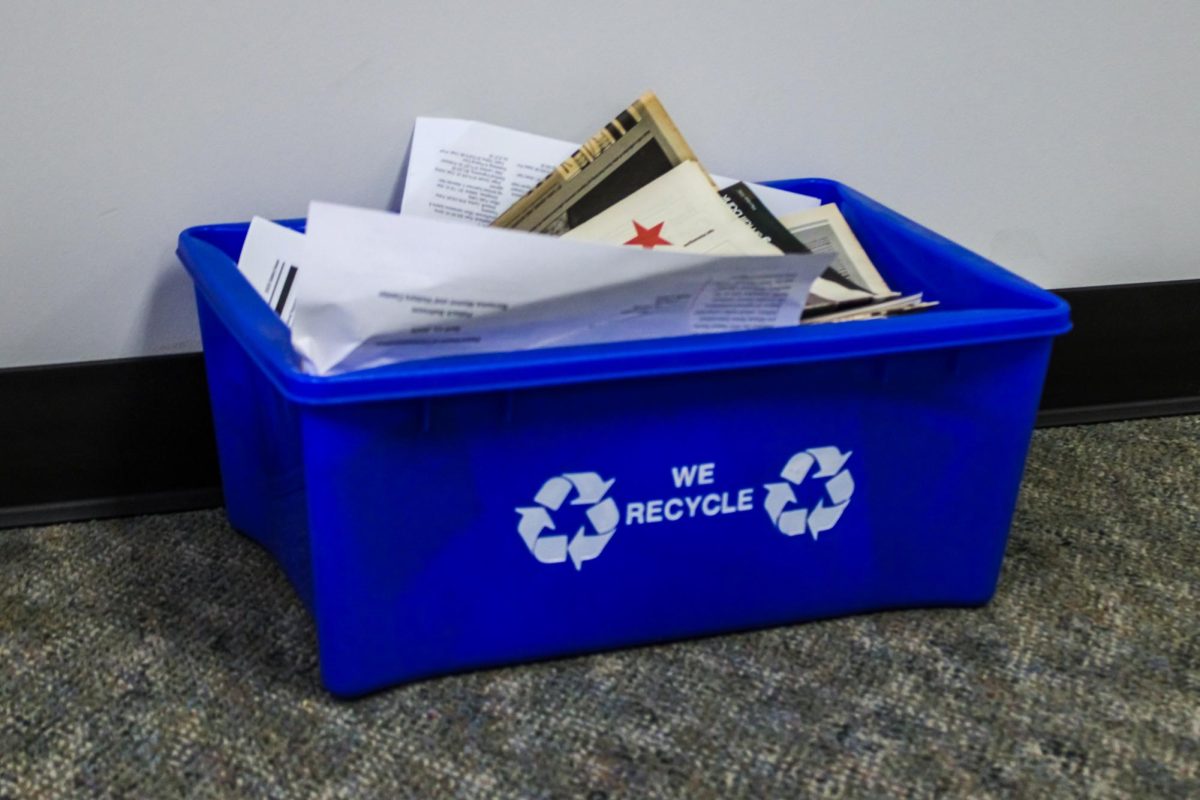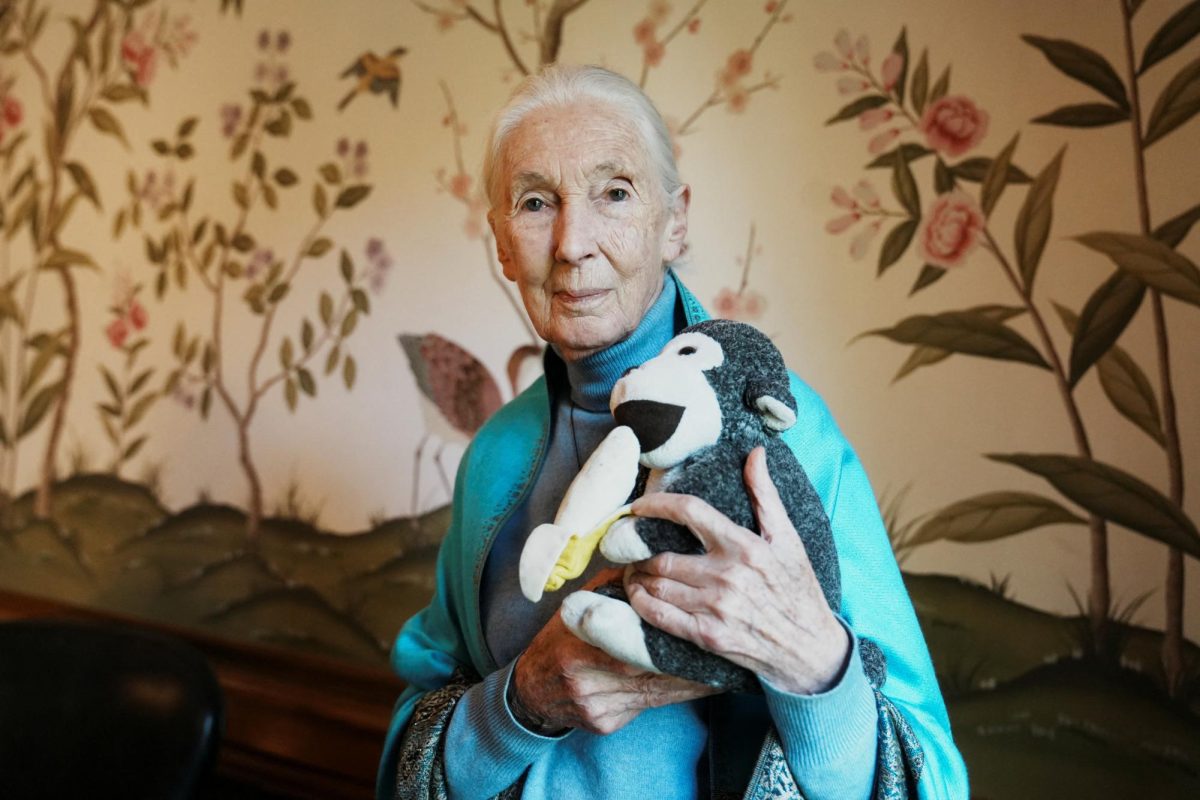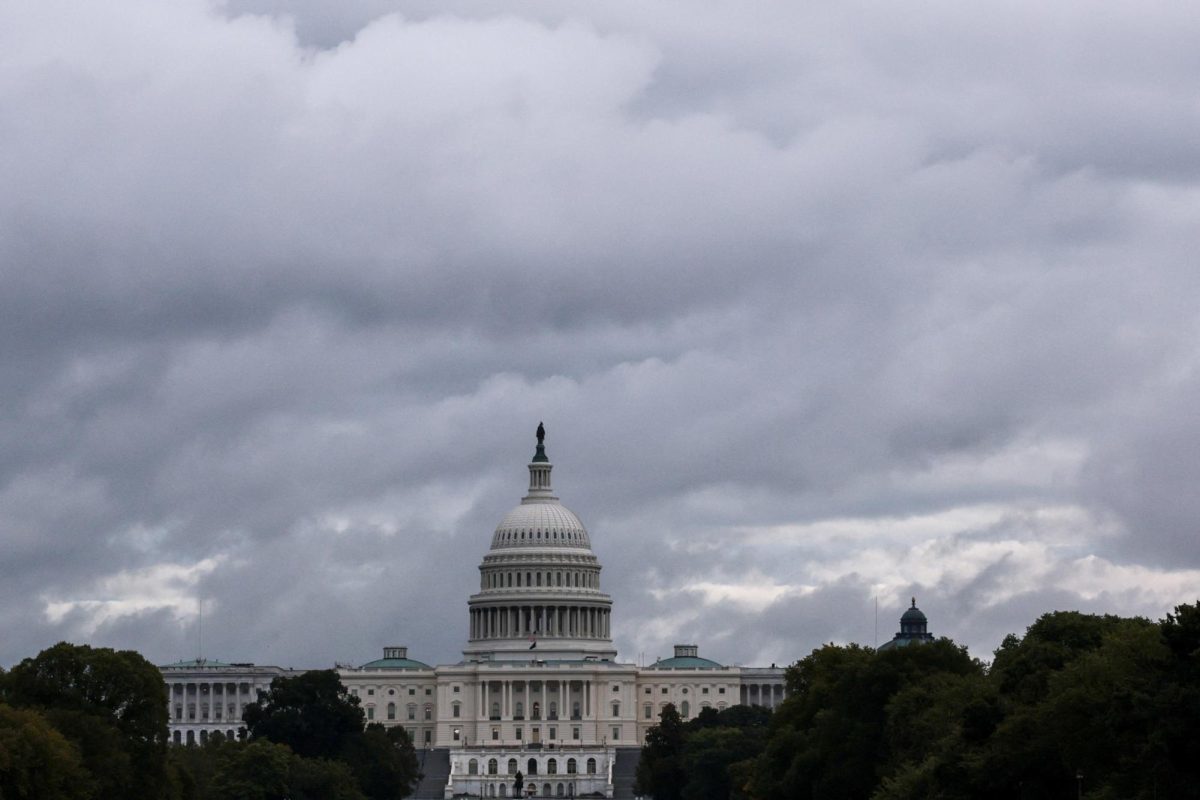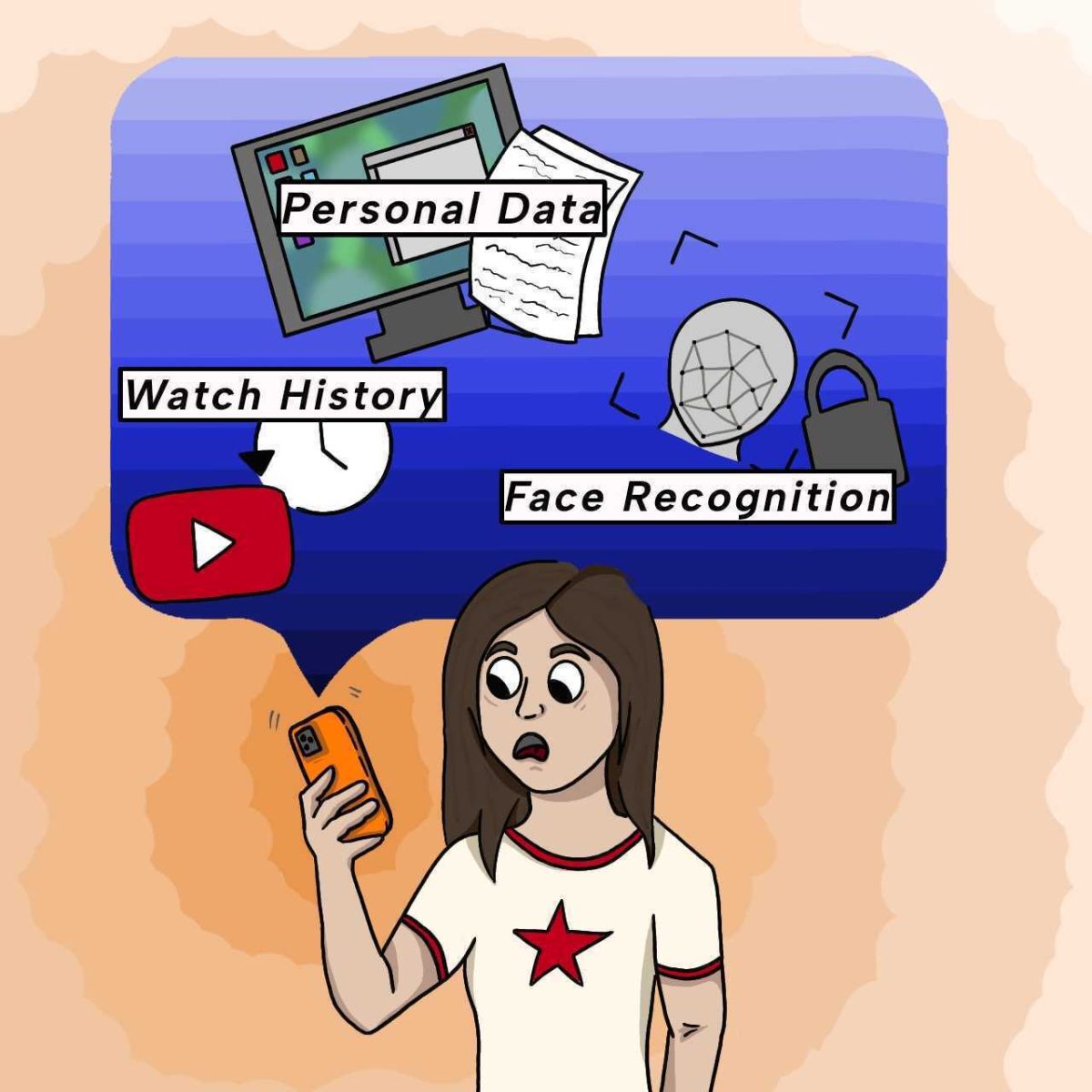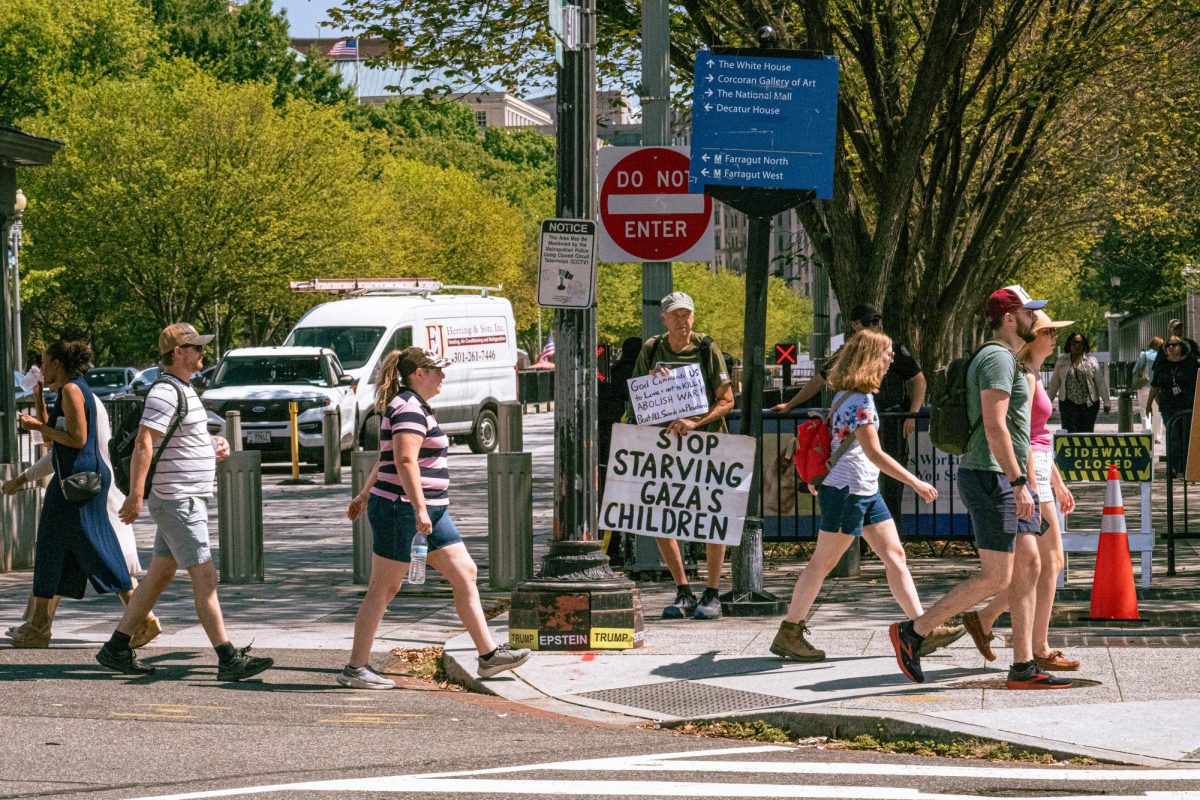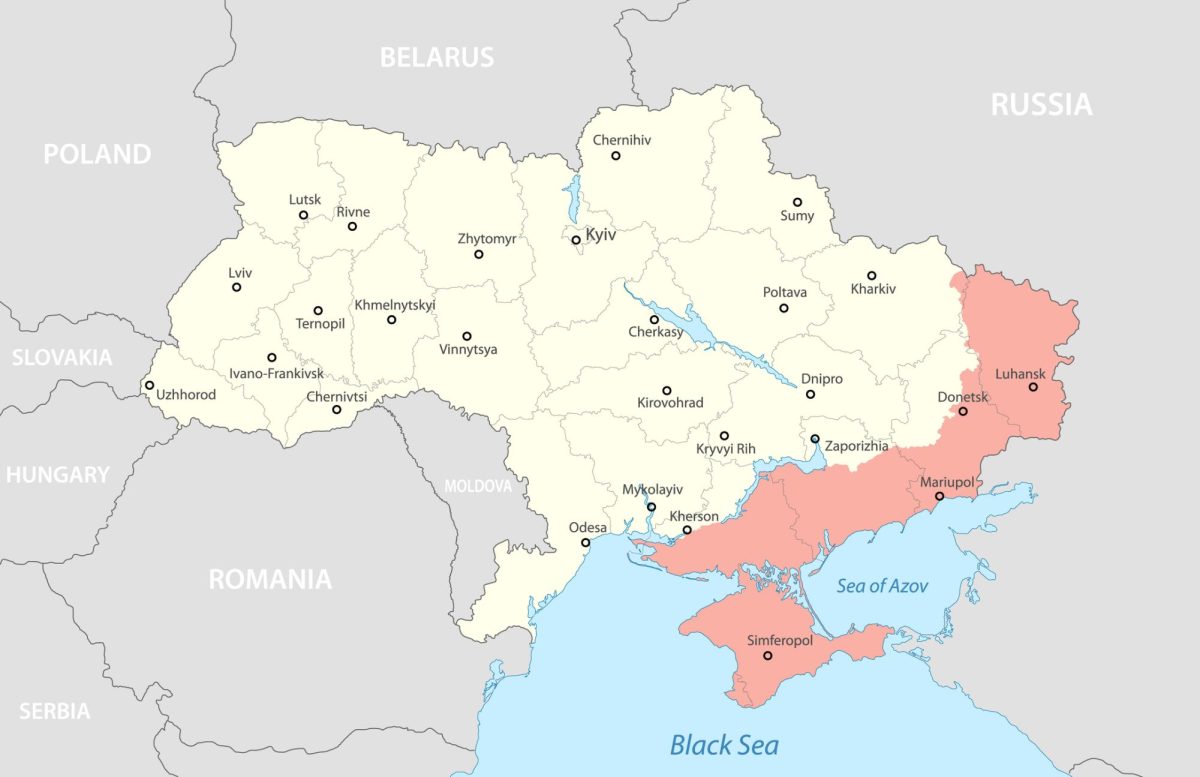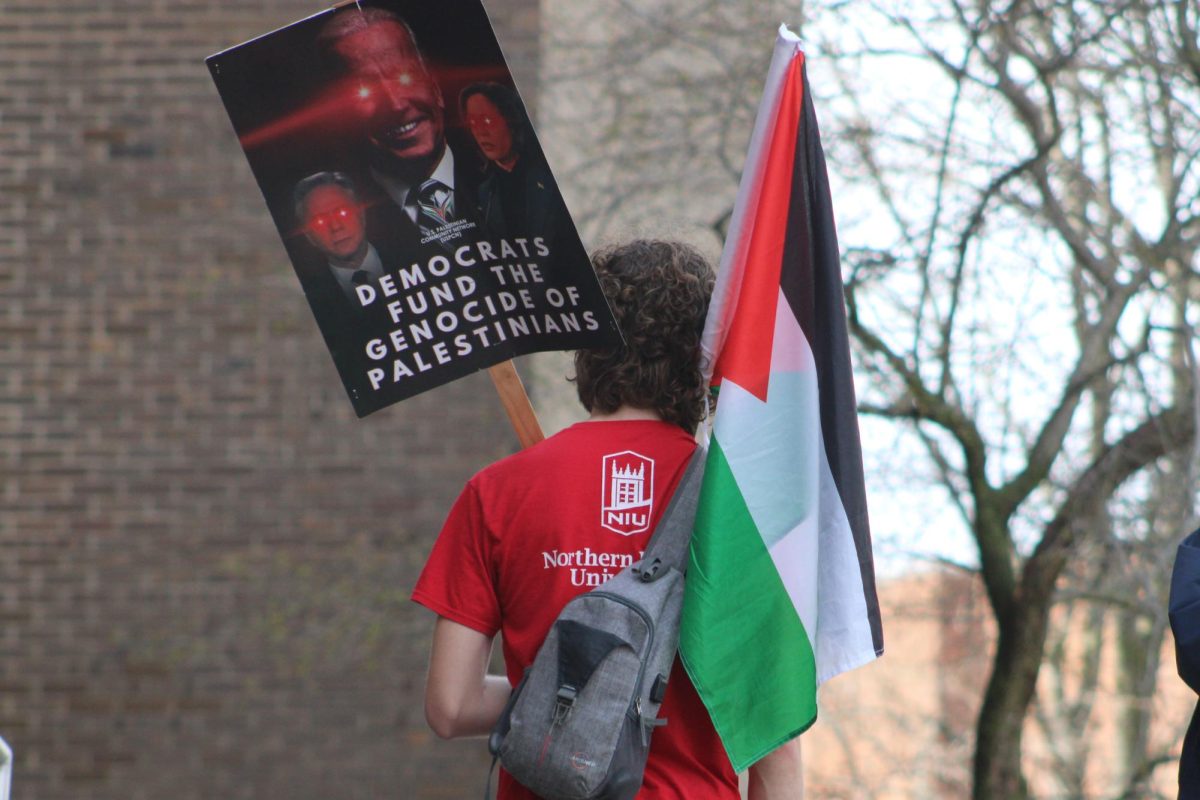Throughout life, people have a series of defining moments or lessons. They are fleeting compared to our long lifetimes, but they are key points that we will vividly remember years later as those that changed the direction of our destiny.
They do not necessarily have to be beautiful memories or memories that we retain for the happiness we feel at that moment, but even after the worst of our experiences, our instinctive impulse is to get the best out of them and learn to be better. Not only a better person but also more resilient and resistant during the biggest falls.
Many times these breaking points come in the most unexpected ways. In my case, they came with death. I was four years old when I became aware that, at some point, we all leave this world.
My great-aunt was hospitalized a week before she died, accompanied by her sisters and the rest of the family.
But of course, knowing that we all die is part of life. It’s just that many people are not aware of how fast that moment can come.
In 2019, I was taking my final year at school. In Colombia, there are no divisions about the stages in the schools, there is no high school, no middle school or elementary school. So, many people never change institutions from the age of four to 17 (only up to grade 11). Thus, many of our friends up to the age of 17 are people with whom we spend eight to 10 hours a day with, not counting transportation, recreation or extracurricular activities.
In my particular case, I changed schools for personal reasons when I was in third grade, so I started fourth without meeting anyone at my new school. With the change of route also came new people to meet. One of them was Villota, a boy also in fourth grade, but from a different classroom. Villota and I shared something, and it’s that we were eccentric to the rest of the people; we didn’t talk much and we had particular hobbies.
For him, emo fashion, heavy metal music and loneliness were his passions. For me, history and science fiction books, in a time where everyone was more focused on making friends and talking than anything else. So, every day we talked and we were together on the bus in the morning and sometimes in the afternoon.
We both got into extracurricular activities in fifth grade; he got into dance and I got into media, although later I was in theater, chess and rock band. Over the course of seven years, we became the recognizable faces of our groups, those designated to follow the legacy of previous graduating classes, which unlike our graduating class had many students enrolled in these groups.
At some point in 10th grade, we were already the oldest of the school in representative groups, he in dance and I in rock band. Although we weren’t talking as much as before, there was always a certain cordiality and friendship between us. In the 10th grade, I moved and we stopped being on the same route, but when we stayed until 5 p.m. in representative groups, we took the same route.
It is a tradition in the schools of my city to make a special trip in 11th grade. While in other grades, one usually makes a trip to some peripheral region of the country to know and learn pedagogically, in 11th grade, it was common to make a trip to Cancún. Precisely because it was a tourist town known for its bars and cenotes, which are lakes under soil level but with access to the sky, it became a perfect destination for us. Although by then we knew what drinking was, the novelty of parties in bars without our parents’ control was intensely attractive.
Prior to the trip, we decided to have a graduation party to celebrate the near culmination of our time at school. By chance of life, it was that Villota was part of those who had to decorate the place, and I had to arrive much earlier, before those who decorated. So, instead of helping, we started playing with a wheelchair and making jokes about the people who were with us. Sometimes, he would sit and put on decorations like he was a mummy, and sometimes I would sit and start imitating the James Bond villain with a stuffed cat.
At the party, we drank together and sang rancheras, which is a type of song, while hugging the rest of our friends. A party like that was never repeated, and it was, in many ways, the best farewell we could have given the year. However, the year was not over.
For many people in the graduating class, the week was over. But some of us had one last dance to go, one last event. The United Nations model of the college was held that same week, from Friday to Sunday. So, on Saturday we got up early for the last formal extracurricular event. And, on Sunday, we finished and said goodbye. Seven years later, I still remember the last conversation we had.
Several of those who participated in the model were talking about how, within a few days, they were leaving for Cancún. Of the 102 that formed the class, there were about 50 people. I was among those who stayed at home because I had bartered the trip to Cancún for a tour in Europe. While I heard Villota talking about the progress of his health, I asked him:
“Then you can go and drink like this, crazy, without fear of anything, go to pure fun?”
“Yes, that’s right.”
While he answered, he nodded. Then he turned and went to the buses. I stood there. I never saw him again. On the second or third day of the trip to Cancún, they planned a visit to the cenote of Xcajum and then to the pyramids of Chichen Itza. Around noon, when they were leaving the cenote, they realized that Villota was gone. About that same time, almost 1 p.m., my best friend wrote to me, telling me that they thought Villota had drowned.
By then, they had searched for an hour and called the authorities. But I still thought it was a joke, a way of saying that they had gone too far with some game. Once he explained it to me well, things were no longer funny.
It had been five hours. Five hours where I didn’t move from where I was, didn’t say anything, didn’t express anything. In those five hours, the Mexican authorities arrived at the scene and immediately brought divers. They did not bother in a terrestrial search, descended 45 meters and found Villota at the bottom of the cenote.
That a student died in an accident in Cancún was not new; it had happened three or four times in the last 10 years. But it was always to others, it was always the “almost does not happen, it would not happen to us.” That day, I didn’t sleep at all, but when I did, I would have liked to stay in my bed all week.
My grandmother woke me up at 11 a.m. the next day. I was crying, but she tried to comfort me as much as she could. We went to a restaurant in the village to eat and watch the news. The news we were waiting for appeared in the noon and 7 p.m. papers. In the evening, I made him a heartfelt but eccentric post, as only I could understand. Then I had time to regret.
The trip to Cancún continued without major inconveniences. They decided to continue with the schedule but with one less. At the time, I did not understand how it occurred to them to go on as if nothing had happened. Then, it became clear that it was a pattern.
The following weeks were the hardest. They were, at the beginning, loaded with pain, a funeral, farewells and tributes from different schools and organizations. Then the looks of the rest of the school, the uncomfortable silence of some, to look for the blame for what had happened. Most of those who went on the journey decided to leave fate as the great culprit as if it had all been a divine machination.
The Mexican pink press decided on more earthly explanations: They accused the school, the company that led them and the administration of the cenote. Even some small-time newspapers suggested that his own friends had killed him.
Two things became clear to me in that year: The first is that the most empathetic people can come when you least expect them. While the lifelong friends of Villota were partying hours after he died and then used it as an excuse not to present partial (in fact, they passed the proposal that we do not take the final exams of 11th grade), people who had barely known him came to support us.
The second is that death can come at any moment. But not the typical reflection of all of us dying, but instead that death comes by surprise. Since then, even without fear of death and without being warned at all times, I realized that it will always be there. We always have the risk that something will happen and leave any day, and it does not necessarily have to be our fault or even someone else’s fault.
The important thing is as the day comes and goes, we can leave knowing that until that day, we squeeze the most out of our life to the maximum.


